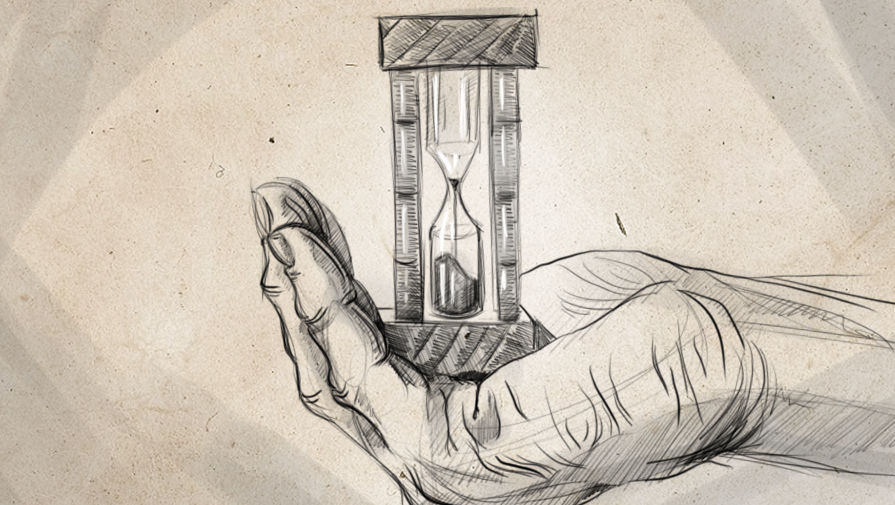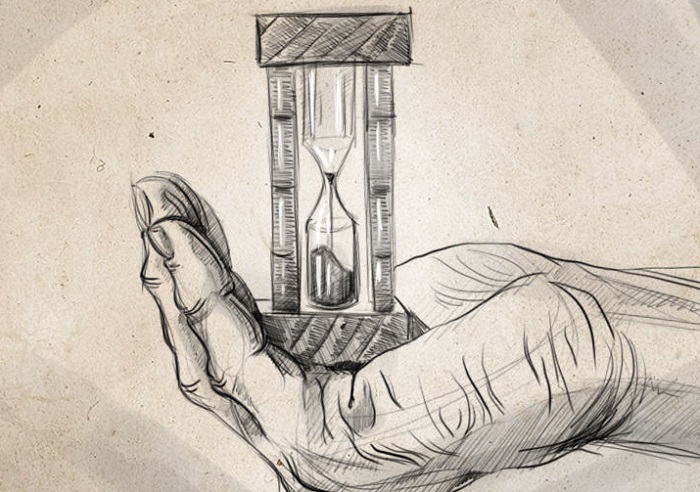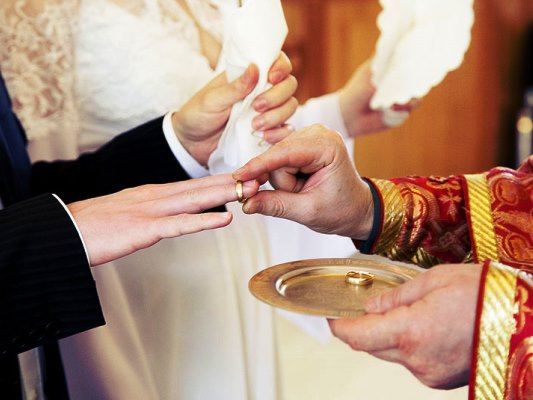
“We’re all dying, aren’t we?” These words could have come from the lips of any thoughtful philosopher from the days of Marcus Aurelius on. In fact they came from the lips of Marilyn Monroe in the last complete film she ever made, “The Misfits”, finished in November 1961. There is a certain poignant irony to this, given that one of the film’s stars, Clark Gable, suffered a heart attack the day after the film wrapped and died about ten days later. Marilyn herself would die of accidental overdose within a year and a half.
In the film Marilyn played a recently divorced Roslyn, and she was dancing with a widower, Guido, played by Eli Wallach. Marilyn/Roslyn comments that he dances very well, and that it was a shame his wife never knew how well he could dance and also that it was a shame he never taught his wife to dance before she died. “To a certain extent,” she said to him, “maybe you were strangers.” When he began to take offence, she said, “Don’t be mad. I only meant that if you loved her, you could have taught her anything.” Hanging on his shoulder she whispered, “We’re all dying, aren’t we? And we’re not teaching each other what we really know.”
The sentiment is a timeless one, immortalized in ballads such as “Everything I Own” by Bread in 1972 and a generation later in “The Living Years” by Mike and the Mechanics. We go through life taking everything for granted, missing opportunities to express the love that needs to be expressed, not recognizing that everyone and everything around us is a gift, sent down to us from above by the Father of Lights. We rush through the days and months and years, absorbed by the mediocrity of the present moment, our eyes focused on our smartphones, oblivious to the light that shines in every face and illuminates every moment. All too often it is only when it is too late that we awaken to the magnitude of what we have been given and the magnitude of what we have thrown away and lost forever.
We should listen to Marilyn. If we really loved those around us and were sensible of the fleeting gift of time we would indeed teach each other, sharing the love we feel so that the love doubles, and sharing the pain we feel so that the pain is halved. One of the greatest of sins is ingratitude, not just to God, but to our family and friends. We so easily take each other for granted, and focus on the ephemeral, and never say the words which need badly to be said.
In Christ, though, there is forgiveness and healing and restoration. If we are in Christ, even our mistakes, stupidities, sins, and the hurt we inflict on others can be healed in the age to come. The Lord has promised to wipe away all the tears from our faces, including the tears we shed over lost opportunities, and in the Kingdom we may find time and place to speak the lost words again, to repent of our hardness of heart and our insensibility to fleeting and fleeing opportunities, time and place to embrace and weep, and to make up for our past earthbound folly.
But this mercy in the age to come does not obliterate or reduce the importance of our words or actions in this age. Paul was crystal clear: “Now is the acceptable time; now is the day of salvation”. We dare not presume on second chances, nor plan on an “eleventh hour repentance”. Too many people who plan on such repentance at the eleventh hour die at 10.30—or else find that they have hardened their hearts through long years of refusing God so that no such final repentance is possible. In our youth one of the many illusions we embrace is the illusion of our immortality, and we go through the years thinking we will never die. Even when age at length disabuses us of this happy illusion, we still easily imagine we always have years left. In fact death stalks us all, and could take us at any time. Lightning strike, car accident, plane crash, violent shooting, or doctor’s cruel prognosis—it is not for nothing that the Fathers bid us remember daily the hour of our death. Our prayerbooks give the same sobering counsel, for they contain a final bedtime prayer which says, “O Lord Jesus Christ, lover of mankind, is this bed to be my grave, or will you shine upon my wretched soul with the light of another day? Behold, the grave lies before me and death confronts me”.
Now indeed is the acceptable time, the day of salvation. Now is the time to repent, to forgive, to embrace, and let others know how much they mean to us. Let us learn from the Fathers, and from our prayerbooks. Let us even learn from dear Marilyn, that candle in the wind. I mean, we’re all dying, aren’t we?




